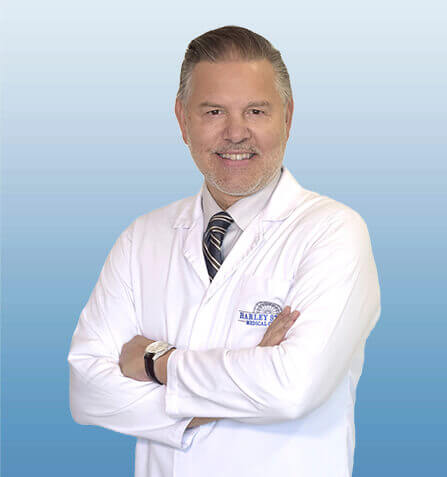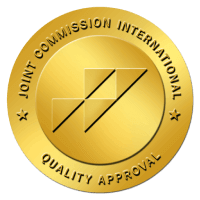TMJ (TemporoMandibular Joint) Disorders
About TemporoMandibular Joint/ Jaw pain
The temporomandibular joint (TMJ) is the most active joint in the body, opening and closing up to 2,000 times per day to accommodate chewing, speaking, breathing, swallowing, yawning, and snoring.
Temporomandibular joint (TMJ) disorders may be the result of dysfunction in the jaw, cervical spine, or tooth alignment. Approximately 70% of patients with TMJ issues also have cervical spine dysfunction.
- What are the main causes?
- What are the complaints of the patient?
- Our approach/treatment
What are the main causes?
- Grinding your teeth at night
- Involuntarily clenching your jaw due to stress and anxiety
- Trauma to the jaw joint
- Excess stimulation of the jaw joint
What are the complaints of the patient?
- Discomfort or pain in the jaw
- Discomfort in one or both temporomandibular joints
- Aching pain in and around the ear
- Difficulty or pain while chewing
- Aches in the face
- Joint locking, which makes it difficult to open or close your mouth.
- Tooth grinding or clenching
- Tension Headaches
Our approach/treatment
- Manual muscle release for the masticators (extra and intraorally) and the cervical area
- Manual therapy : traction and decompression of the joint to increase range of motion
- Dry needling to reduce muscle spasm on trigger points and tight areas
- Electrotherapy/Ultrasound and Laser Therapy to reduce inflammation and pain over the TMJ
- Postural training and Relaxation techniques as part of the home program exercises







